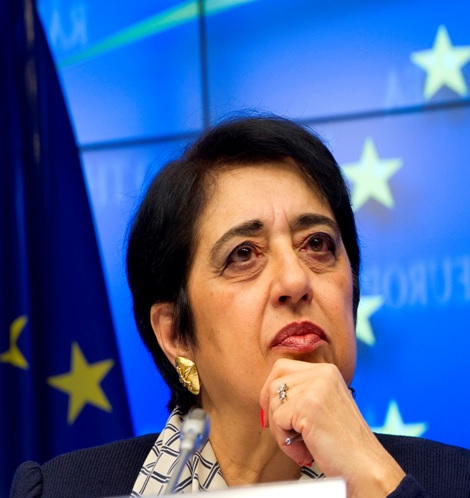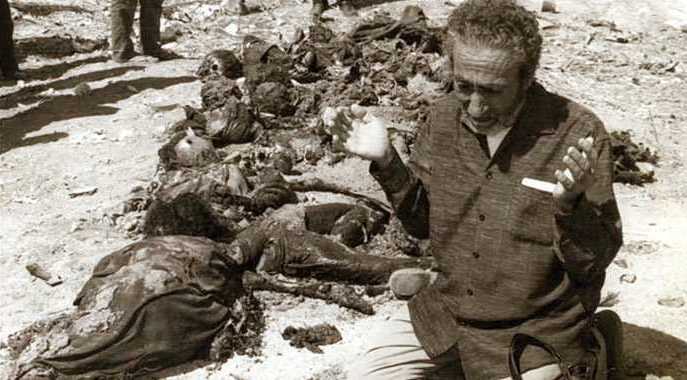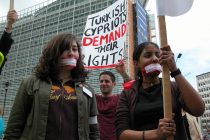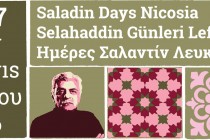A senior politician from the Republic of Cyprus has posted an apology to Turkish Cypriots for the atrocities committed against them during the 1974 War. The rare note of contrition appeared on the personal Facebook page of Erato Kozakou-Marcoullis on 16 August.
Written in Greek, English and Turkish, the former Greek Cypriot Foreign Minister said:
“I feel the need to express a sincere public apology to our Turkish Cypriot compatriots for the horrific crimes committed on 14 August 1974 by EOKA B extremists against 126 women and children in the villages of Aloa, Maratha and Sandalaris and 85 civilian men (including a boy of 12 years) from the village of Tochni.”

She also admitted that the authorities had not tried to locate and prosecute the perpetrators: “Unfortunately, during the past 42 years no investigation has been conducted by the official state of the Republic of Cyprus to unravel the truth behind these crimes and none of the culprits has been brought to justice.”
Kozakou-Marcoullis, who served as Foreign Minister under Tassos Papadopoulos between 2007 and 2008, and again between 2011 and 2013, during Demetris Christofias’ presidency, called for a “Truth Commission” to help establish the facts behind the recent Cyprus tragedy, stating that, “without the truth there will be no reconciliation and without reconciliation there will be no peaceful coexistence.”
She also conceded that while Greek Cypriots have been highly critical of the crimes and suffering they endured at the hands of Turks during the 30-day war and its subsequent fallout, her community had essentially turned a blind eye to the crimes its own “extremists and fascists committed against civilians and innocent Turkish Cypriots.”
The foreign minister’s apology came a day after 33 Turkish Cypriot men from Tochni/Taşkent, murdered 42 years ago, were finally laid to rest by their families in Lefkoşa. Their bodies had been discovered two years ago and their remains recently identified in the labs of the UN’s Committee on Missing Persons.
A day earlier, on 14 August, North Cyprus held its annual commemoration service for the 126 women, children and elderly from three Famagusta villages – Muratağa (Maratha), Sandallar (Sandalaris) and Atlılar (Aloa) – who were brutally killed by ultra-nationalist EOKA-B militants.
These villages had been left defenceless after all Turkish Cypriot men of fighting age had been rounded up by the Greek Cypriot authorities and sent to prisoner of war camps when Turkey intervened on 20 July. Soon after, EOKA-B attacked them. Women and young girls were repeatedly raped for days. As the Turkish troops advanced, the EOKA-B militants decided to cover up their crimes by killing all the villagers, bulldozing them into mass graves. On discovering their mutilated bodies, the UN labelled it a “crime against humanity”.
Main photo: scene at a mass grave of Turkish Cypriots discovered in August 1974




